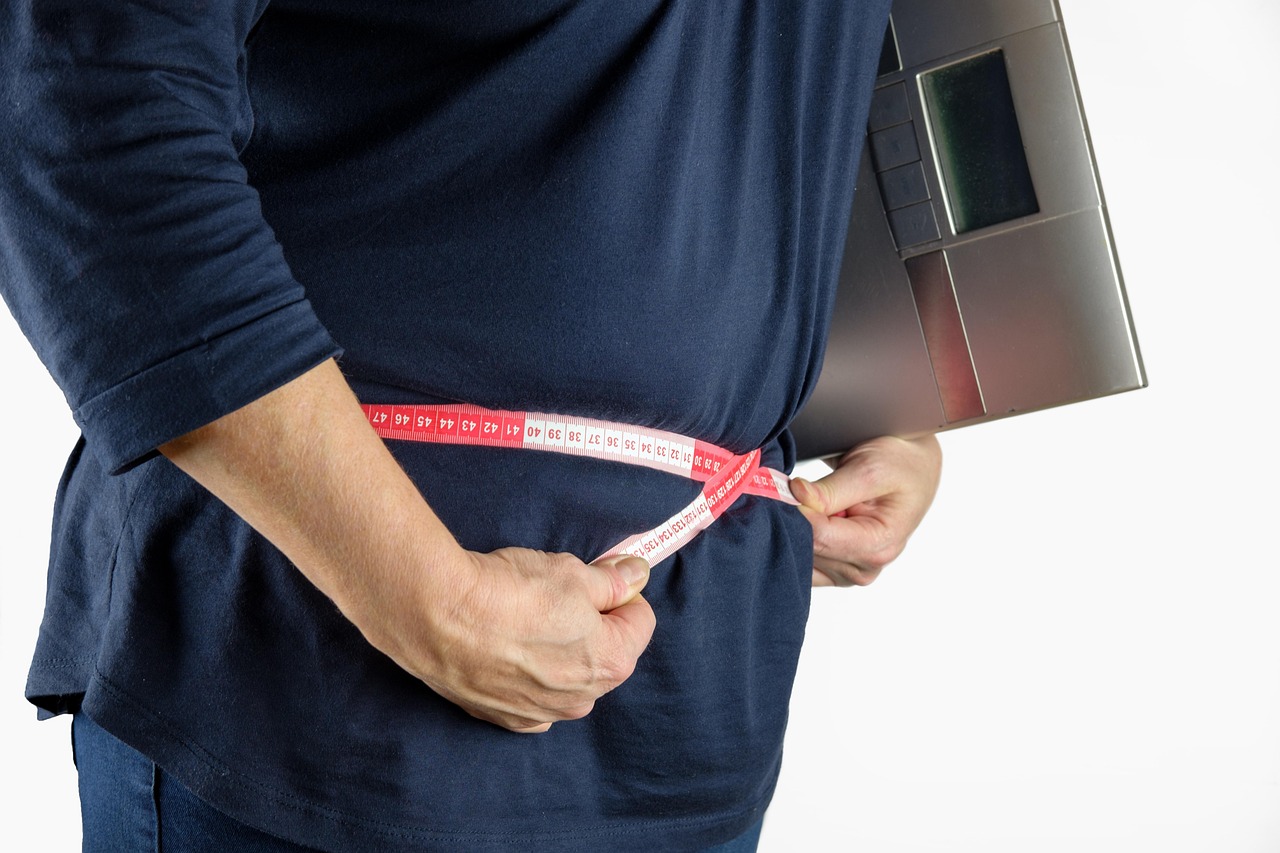Iron deficiency is a global health concern that affects millions of individuals, particularly women and children. While it is commonly associated with symptoms like fatigue, weakness, and pale skin, many people also report unexplained weight gain. This raises a frequently asked question: can iron deficiency cause weight gain? In this article, we explore the potential link between iron deficiency and weight changes, uncovering the science behind metabolism, energy levels, and hormonal function.
Understanding Iron Deficiency
Iron deficiency occurs when the body doesn’t have enough iron to produce hemoglobin—a protein in red blood cells that transports oxygen. This condition can result from inadequate dietary intake, heavy menstrual bleeding, gastrointestinal disorders, or poor absorption.
Common Causes:
- Inadequate iron-rich food intake
- Chronic blood loss (e.g., menstruation)
- Digestive disorders like celiac or Crohn’s disease
- Pregnancy and increased iron demands
Symptoms of Iron Deficiency:
- Fatigue
- Weakness
- Dizziness
- Pale skin
- Cold hands and feet
These symptoms can significantly affect one’s lifestyle and may contribute to changes in weight.
Iron’s Role in the Body
Iron is essential for various bodily functions. It is vital in the formation of hemoglobin and supports energy production by facilitating oxygen transport. Iron also influences thyroid health, which is directly linked to metabolism.
Key Functions:
- Supports cellular energy metabolism
- Enhances oxygen delivery to muscles and tissues
- Helps regulate thyroid hormones
Low iron levels can result in decreased metabolic rate, which may indirectly affect body weight.
Can Iron Deficiency Cause Weight Gain?
While iron deficiency doesn’t directly cause fat accumulation, it can create conditions conducive to weight gain. For example, individuals with low iron often feel chronically tired, which leads to reduced physical activity. This lowered activity level, in turn, means fewer calories are burned.
Additionally, a sluggish metabolism—often triggered by thyroid dysfunction related to iron deficiency—can contribute to gradual weight gain. This dynamic explains the association seen in many cases of weight gain due to iron deficiency.
Supporting Scientific Evidence
Scientific studies on this topic provide some insight but are still developing. Some evidence suggests that fatigue from iron deficiency results in a sedentary lifestyle, which could explain weight gain from iron deficiency. Other research points to how low iron levels impair thyroid function, which controls metabolism.
Key Findings:
- Fatigue linked to iron deficiency can lower daily energy expenditure.
- Iron is required for enzymes involved in metabolic processes.
- Subclinical hypothyroidism may occur due to poor iron status, slowing down metabolism.
Though the answer to does iron deficiency cause weight gain isn’t definitively proven, these findings support a possible indirect relationship.
Additional Factors to Consider
Iron deficiency often coexists with other nutrient shortages, including vitamin B12, folate, and vitamin D. These deficiencies may compound symptoms such as fatigue and low mood, both of which can influence eating behavior and physical activity levels.
Other Influencing Factors:
- Coexisting deficiencies amplify fatigue
- Poor dietary habits
- Hormonal changes and poor sleep due to stress
These combined elements contribute to the overall link between iron deficiency and weight gain.
Managing Iron Deficiency
If you suspect iron deficiency, it’s crucial to seek medical testing. Simple blood tests such as hemoglobin and serum ferritin can confirm low iron levels.
Management Strategies:
- Diet: Include red meat, poultry, beans, spinach, fortified cereals
- Pairing with Vitamin C: Boosts iron absorption
- Supplements: Use under medical supervision
Regular monitoring and adjustments can help restore energy levels and support a healthy weight.
When to See a Doctor
If you’re experiencing symptoms like extreme tiredness, hair loss, and anemia and weight gain, consult a healthcare provider. These signs could point to more serious underlying issues such as chronic disease or hormonal imbalances.
Warning Signs:
- Persistent fatigue
- Noticeable weight gain despite no lifestyle changes
- Shortness of breath or palpitations
Accurate diagnosis ensures appropriate treatment and prevents complications.
Conclusion
To sum up, while there’s no absolute answer to does low iron cause weight gain, evidence supports an indirect association. Iron deficiency can lead to fatigue, metabolic slowdowns, and reduced activity, all of which may contribute to weight gain over time.
Maintaining optimal iron levels through diet and, when needed, supplements, supports overall health and may help regulate weight. Be proactive—get tested, consult professionals, and listen to your body.
FAQs
Q1. Can iron deficiency lead to weight gain? Yes, indirectly. Reduced energy and slower metabolism caused by low iron levels can contribute to gradual weight gain.
Q2. How does iron deficiency impact physical activity? Fatigue from low iron makes it harder to exercise or stay active, decreasing calorie expenditure.
Q3. Is it safe to take iron supplements without a test? No. Too much iron can be harmful. Always test first and follow medical advice.
Q4. Can correcting iron levels help with weight loss? Restoring iron may improve energy and metabolism, making physical activity and healthy eating more manageable.
Q5. What’s the difference between iron deficiency and anemia? Iron deficiency is the initial stage. If untreated, it can lead to iron-deficiency anemia, a more severe condition.





